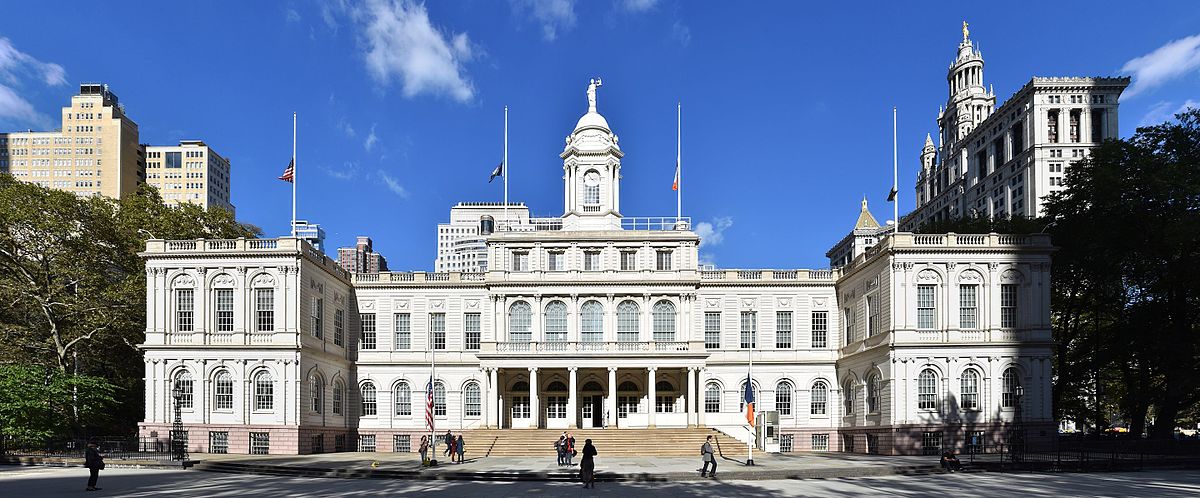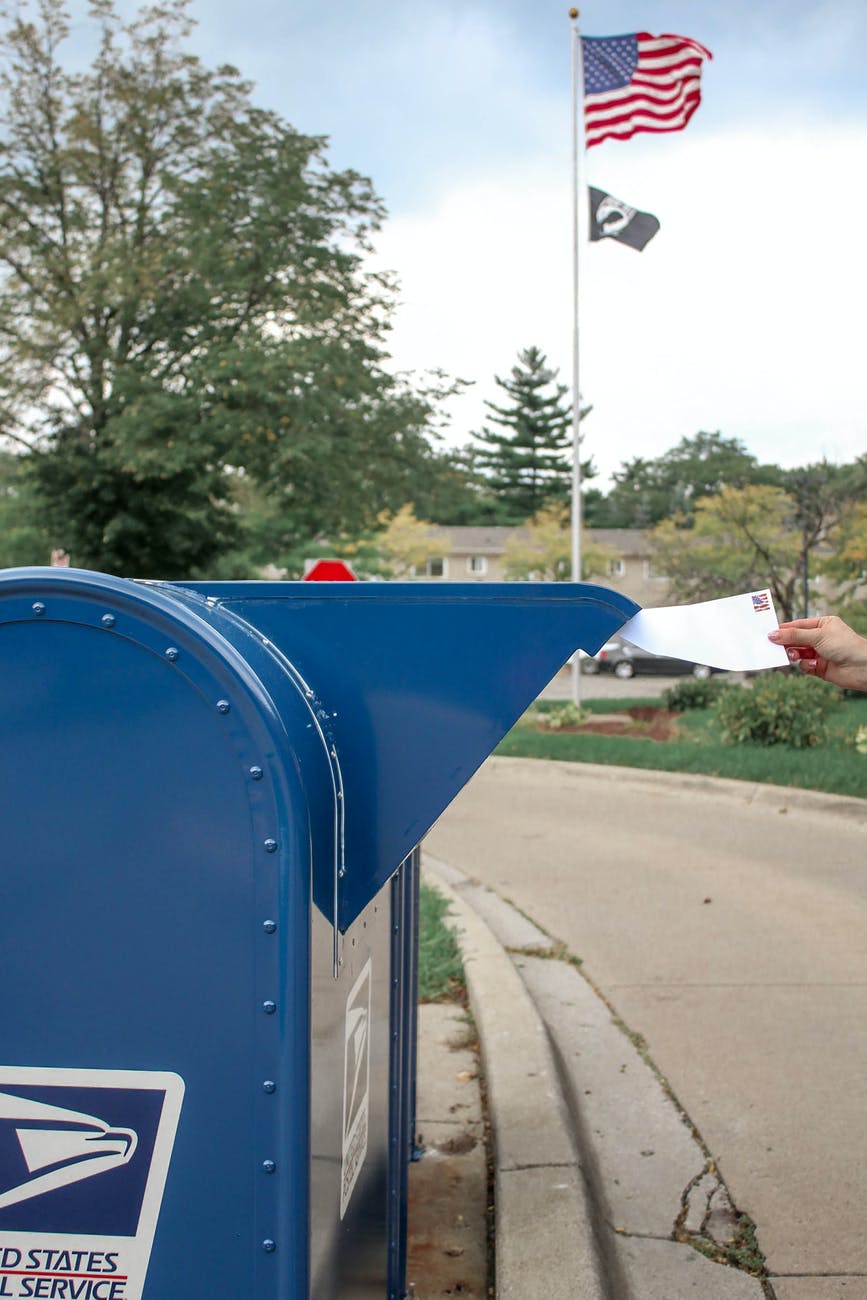Tag: san diego
-
Voters decided 264 local ballot measures in 29 different states in the top 100 largest cities in the U.S. and state capitals

There were 264 local measures in 29 different states within the top 100 largest cities in the U.S. and state capitals. Of the 264 measures, 219 (82.95%) were approved, and 45 (17.05%) were defeated. Eleven (4.16%) were citizen initiatives and 253 (95.83%) were referred to the ballot by city councils, school districts, or other local…
-
Ballotpedia identifies 20 local police-related ballot measures decided Nov. 3

Following the killing of George Floyd on May 25, cities and counties introduced police-related measures. Ballotpedia tracked 20 such measures that appeared on the Nov. 3 ballot. All 20 measures were approved or were ahead pending the count of remaining ballots. Note: All vote counts were as of 6:00 p.m. EST on Nov. 11. Cities and…
-
At least four mayoral offices changed partisan control in the 100 largest cities Nov. 3

Twenty-nine of the 100 largest U.S. cities held mayoral elections in 2020. Of the 24 elections called so far, four party changes have taken place, with Republicans losing three offices and Democrats losing one. Democrats and independents each flipped two offices: • In Honolulu, Hawaii, independent Rick Blangiardi won the open seat. Democratic mayor Kirk…

